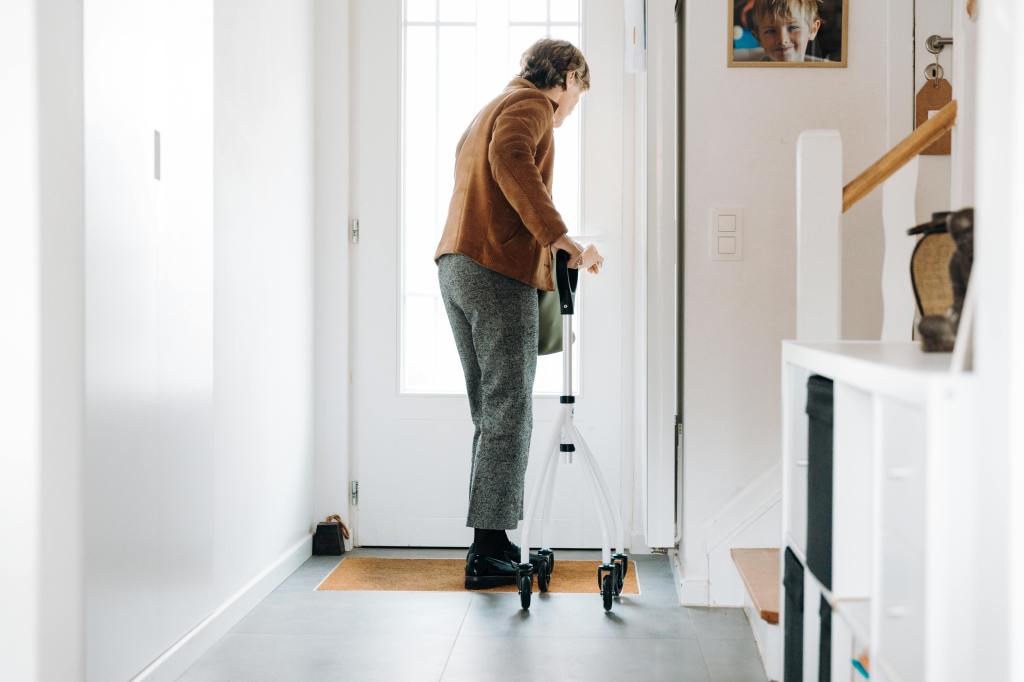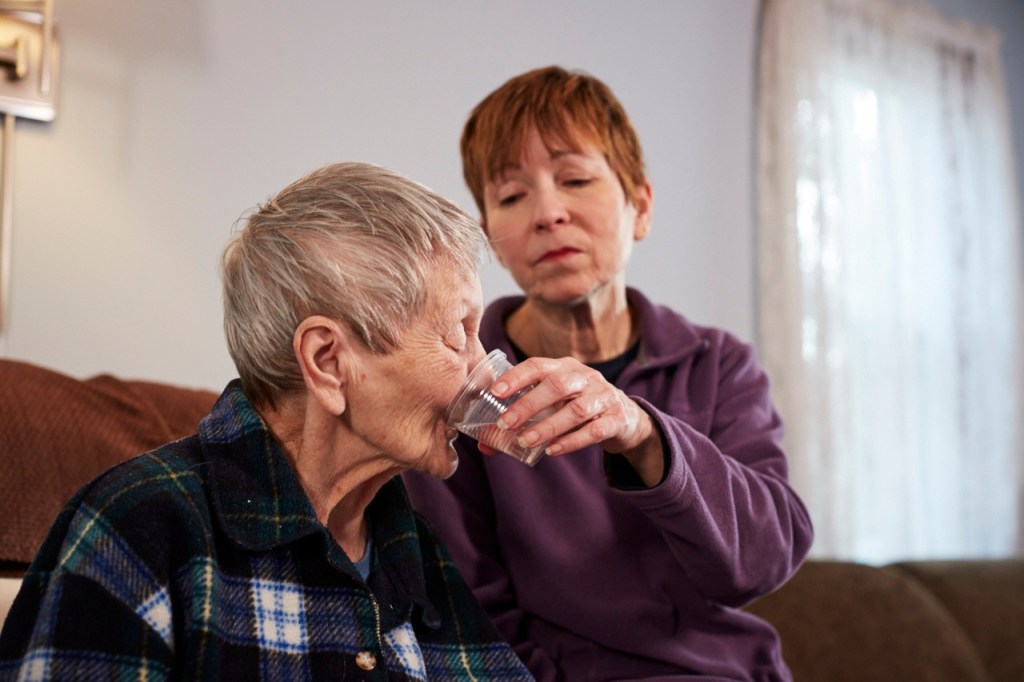
Is a Family Caregiver Liable for a Loved One’s Debts After Death?
Navigating Legal Challenges and Financial Responsibilities as a Caregiver
Say you’re the primary family member who has taken care of a parent or spouse for the last several years. When they die, will you get stuck with their bills? It depends, according to legal experts and the Federal Trade Commission. Family members generally are not required to pay the debts of a deceased relative out of their own assets. However, debts simply are not wiped off the books when someone dies. Debts are the responsibility of the estate of the deceased person, with the executor named in the will in charge of handling the outstanding financial affairs. But debts also can become the obligation of a relative who co-signed a loan or credit card or had joint ownership of a property or business. Financial liability also can come into play in the nine community property states where a husband or wife can be held responsible for debts incurred by their spouse during the marriage even if they didn’t agree or know about them. For a comprehensive guide on legal and financial aspects, explore our legal and financial checklist for family caregivers.
10 Tips for Family Caregivers on Debt and Death:
- Seek competent advice. There are a maze of legal questions involved. The National Elder Law Foundation has a list of qualified lawyers by state.
- It’s important to keep very careful records for the payment of all bills and expenses. Avoid paying bills with cash.
- If you’re a family caregiver (a son, a niece or cousin, for example), and your name is on any household bills such as utilities or the mortgage, you will be accountable for any related debt. If bills are only in your mother’s or aunt’s name, the utility can still seek payment from the estate.
- In many states, spouses are responsible for each other’s medical bills. However, there also are “spousal impoverishment” laws to prevent spouses from going broke paying for each other’s medical care. Ask your attorney to go over how these affect you.
- Close to 30 states have what’s known as “filial responsibility” laws. Those require adult children to pay for a parent’s unpaid medical debts, such as those to hospitals or nursing homes, when the parent cannot. At this time, these laws are often not enforced, but it is possible that these laws may begin to be enforced in the future.
- Medicare only covers rehabilitative care (not palliative care) in a nursing home, and only up to (but sometimes less than) 100 days. Medicaid covers nursing home care, but you must qualify and apply for Medicaid coverage.
- Some nursing home contracts contain “guarantor language” that require a family member to be personally responsible for unpaid nursing home charges. Have your attorney review any nursing home contract before you sign it.
- Special care must be used when dealing with your loved one’s 401(k), an IRA, or other qualified plan because a mistake can cause irreversible tax penalties and consequences.
- A power of attorney can often help you avoid guardianship court, but in some circumstances. Be sure to ask your attorney to prepare these for you as part of your estate plan.
- Although most people prefer to avoid the time and expense of probate, there are some circumstances where probate is desirable, including when you may want to extinguish possible claims against the estate.
More insights like this:
-

How Caregivers Can Create a Safe and Comfortable Home for Aging Loved Ones
Read more: How Caregivers Can Create a Safe and Comfortable Home for Aging Loved OnesFor family caregivers, the home is more than just a living space. It’s where comfort, care, and safety come together. Yet many homes are not naturally designed to support the needs of older adults or those with health challenges. Creating a safe and welcoming environment takes intention, planning, and an eye for the…
-

Life After Caregiving: Navigating What Comes Next
Read more: Life After Caregiving: Navigating What Comes NextWhen a caregiving journey comes to an end, the emotions and adjustments that follow are often more complex than many caregivers anticipate. For months or even years, a caregiver’s focus has been on their loved one’s needs—the routines, appointments, and responsibilities that shape daily life. When that role suddenly shifts, caregivers are left…
-

6 Caregiving Tips for Setting Up a Care Routine That Works
Read more: 6 Caregiving Tips for Setting Up a Care Routine That WorksCaring for a loved one can be deeply rewarding, but it can also feel overwhelming—especially when each day looks different from the last. Establishing a care routine doesn’t just bring order to your days. It can also create a sense of calm and consistency for both you and the person you care for.…